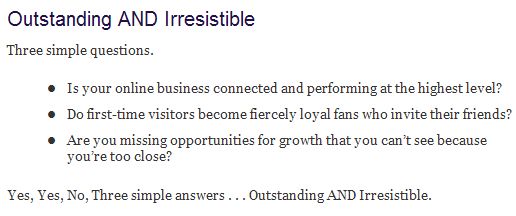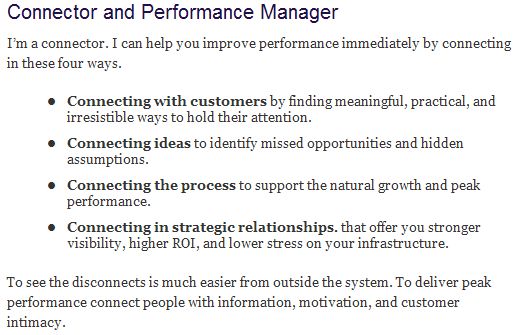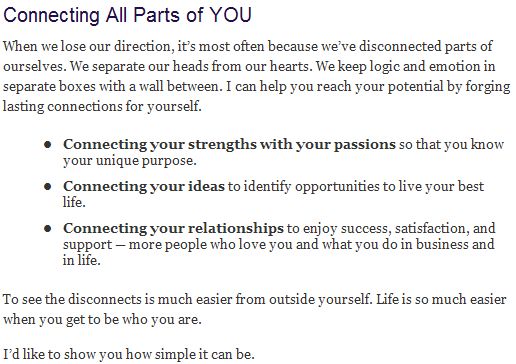When Wendy and I had a great conversation not long ago about mastermind groups. She’s been in groups for different purposes and of different configurations. So when I wanted someone to explain the concept is was Wendy I asked to do me the favor. She graciously said she would.
Get the Most Out of Your Network with a Mastermind Group
by Wendy Piersall
I have a close circle of friends here in Chicago that have known me for several years – whenever we get together they like to take credit for eMoms at Home, even though they have never worked for me. I actually totally agree with them – the reason is because this group of friends was my Mastermind Group when I was first started my business.
I wholeheartedly advocate being in Mastermind Groups, and I’ll go so far as to say that yes, eMoms at Home wouldn’t be what it is today if it weren’t for the groups I have learned from along the way.
So What Exactly is a Mastermind Group?
Although Mastermind Groups can take a variety of forms, most function as basically a group that co-mentors each other. Participants will always get the most out of a mastermind group when they put a lot into the mastermind group. I currently participate in a weekly call with Dawud Miracle, Char Polanosky, Edward Mills, Gayla McCord, and Easton Ellsworth. We set up the group with the following ‘ground rules’:
- Participating in the call is close to mandatory – though we’re flexible when ‘life happens’
- We start on time and end on time – no exceptions
- We take turns each week, and two people get 30 minutes every call
- When it’s your ‘turn’, you get to bring a question to the group and we all brainstorm together to help each other come to a solution – any question is game
- There are no stupid questions and there are no stupid answers
- What is said to the group stays with the group – confidentiality is important when we are talking business strategy
We’ve been conducting our conference calls for about 9 months or so – I think the reason it has worked so well (and continues to work) is because:
- We work hard to give each other really great input, basically giving each other free consulting
- We keep a good structure in place to make the most of our time
- We have really learned from each other – probably more from giving advice than from getting it
I think that last point is really key – we give a lot of ourselves in our calls. I’ve participated in very expensive paid mastermind groups that weren’t half as valuable as this group of friends. I really believe it was because everyone paid money and came to the group expecting to get something, rather than coming together to give to each other.
So, How do I Start a Mastermind Group?
Finding a committed group of individuals isn’t easy, but it’s not hard, either. A few tips:
- Contact people that you want to learn from, but who still realistically also have something to learn from you
- Lay down some sort of ground rules in your invitation so that people know what they are committing to
- Let people know that participation is expected on a regular basis, and if they can’t commit to at least a 6-10 week initial time frame, they should probably pass
- Meet at the same time every week/two weeks/month – either in person, or use a free conference call service like FreeConferenceCall.com
- Have group members take turns leading the group to give everyone a chance to develop their leadership skills
- Play with the idea of holding each other accountable to tasks or results if you really want to push each other to succeed
The blogosphere is a very close community, and filled with some of the most talented and brilliant people I have ever met. I’ve learned a ton from reading all of your blogs – and I’ve learned just as much when I’ve thrown my heart and soul into writing a post that teaches. Great Mastermind Groups work because we teach best what we most need to learn.
—
Wendy Piersall is the Chief eMom at eMoms at Home the business blog network for moms and dads who balance business and life at home beautifully.
Thanks, Wendy!
–ME “Liz” Strauss





